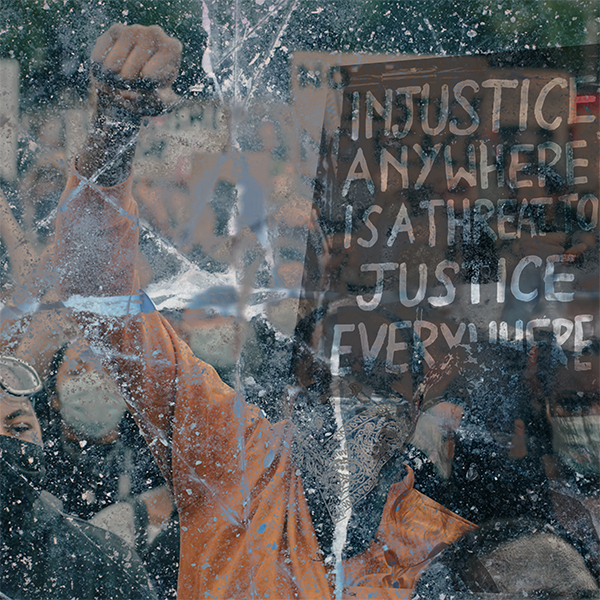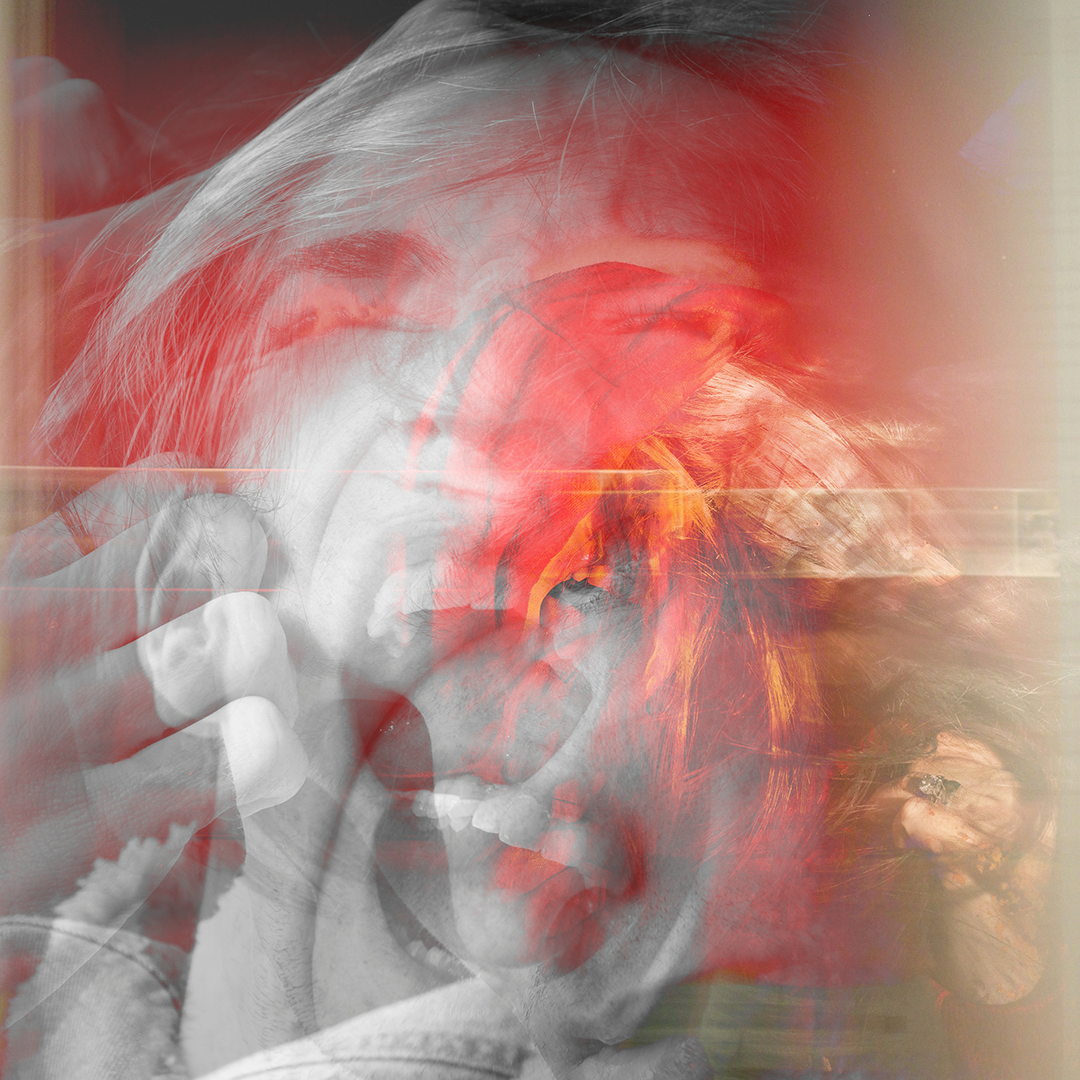The Crisis That Makes Me Grieve the Evangelical Church
What happens when weeping endures for the night, but joy doesn’t come in the morning?
This is the reality for millions of people in the US and around the world today. When I went to bed on Election night, the final results weren’t in but it was pretty clear where we were headed. I woke up after 4 hours of sleep to check my phone. I immediately began to weep after seeing the results. In that moment, a flood of thoughts, emotions and puzzles flooded my mind. Something was touched deeply in me.
I spent the morning reflecting on why I felt this grief. Since then, I’ve spent many hours in prayer and silence, and I’ve collected some of my thoughts. Ultimately, my grief is aimed at the Evangelical Church (of which I am a part). But before I address that, there are other layers to the grief I’ve experienced. I’m sure I am not alone.
What happens when weeping endures for the night, but joy doesn’t come in the morning? Share on XThree Griefs
Multilayered Grief
My grief is multilayered. I grieve over a candidate with Trump’s questionable character becoming president. I passionately joined my voice to the likes of Andy Crouch, Max Lucado and the National Association of Latino Evangelicals in decrying his xenophobic, mysogynistic and condescending rhetoric.
I grieve that Hillary Clinton was the only legitimate alternative option before us. Her own questionable decision making and policies were hard for me to support. I could not vote for either with a clear conscience.
Local Grief
My grief is local, which is why it is more visceral. I pastor a very large congregation comprised of many immigrant families and millennials. Over 50% of Queens, NYC is foreign born. I have weekly conversations with people fearful of being unfairly targeted. I grieve for people of color, Muslims and immigrants. I grieve for the church’s witness to millennials and minorities. As a pastor, my local context significantly shapes my concern.
Grief for the Church
With all this said, the root of my deepest grief is related to the crisis of spiritual formation of a good portion of the Evangelical Church.
It’s no secret that many people voted because of specific values (and the fear of those values being obliterated in public life). A large percentage of Evangelical Christians (and I include many Charismatic/Pentecostal Christians in this) voted for Trump because of two issues. I don’t judge these folks. These are some of the folks that faithfully serve at my church. I know what it’s like to be a one or two issue voter (I don’t say this with condescension). I see the fear people had of Clinton winning. I pastor people who carry this anxiety. I’m regularly in conversation with people who are against abortion. I see the angst people have about the LGBTQ reality and conversation. I became a Christian in a conservative, Latino Pentecostal church. I understand the grief and fear firsthand. I often share the angst of my fellow Evangelicals on traditional issues.
My grief is the crisis of spiritual formation of a good portion of the Evangelical Church. Share on XMy grief isn’t with this per se. My deepest grief is with the subtle messianic language that has permeated churches and hearts. So many people have relied on the state to ensure the flourishing of the Church. We’ve got it backwards. If Clinton won, my grief would be different. Her victory would have less to do with the Evangelical Church than this secular society. Therefore, my cause for concern is heightened. For a large portion of the Church to anoint a candidate (left or right) is deeply troubling. Historically in this country, the Evangelical wing of the Church has often prostituted itself for power; sold its birthright for a bowl of soup. I can’t look at this election without this greater ecclesiological context.
Therefore, I grieve.
My deepest grief is with the messianic language that has permeated churches & hearts. Share on XThe Crisis of Spiritual Formation
My grief is rooted in the crisis of spiritual formation that has produced communities of faith that find stability in political power than in the gospel. Evangelicalism has often been bereft of a theology of biblical hope. Our eschatology is often fear based. Our understanding of salvation is usually disembodied. Our witness is often coercive. When a fear-based, disembodied and coercive “gospel” permeates our hearts and communities, we will attach ourselves to structures that reify that framework. This is heartbreaking.
The grief I have over this crisis of spiritual formation also extends to the Church’s abdication of prophetic imagination. When we don’t stand outside of a political structure to critique it with the gospel, we will find ourselves within that structure, seemingly benefiting from this pseudo-power, but corrupted by its enticements.
It was the Brazilian evangelical Paul Freston who said the lack of systemic evangelical reflection on the nature of political engagement is cause for much of our failure to model the life of God’s kingdom. This lack of deep reflection continues to this day.
Finally, I grieve over the ground of hope that evangelicalism often clings to. Far too often we have believed that worldly power secures our future hope. We have trusted in horses and chariots. In much of the evangelical world, one would think that Psalm 121 says, “I will lift up my eyes to Capitol Hill, where my help comes from.”
But our hope doesn’t come from here. Our hope comes from another world that is invading this world. Until this becomes the Church’s reality, I will grieve some more.



